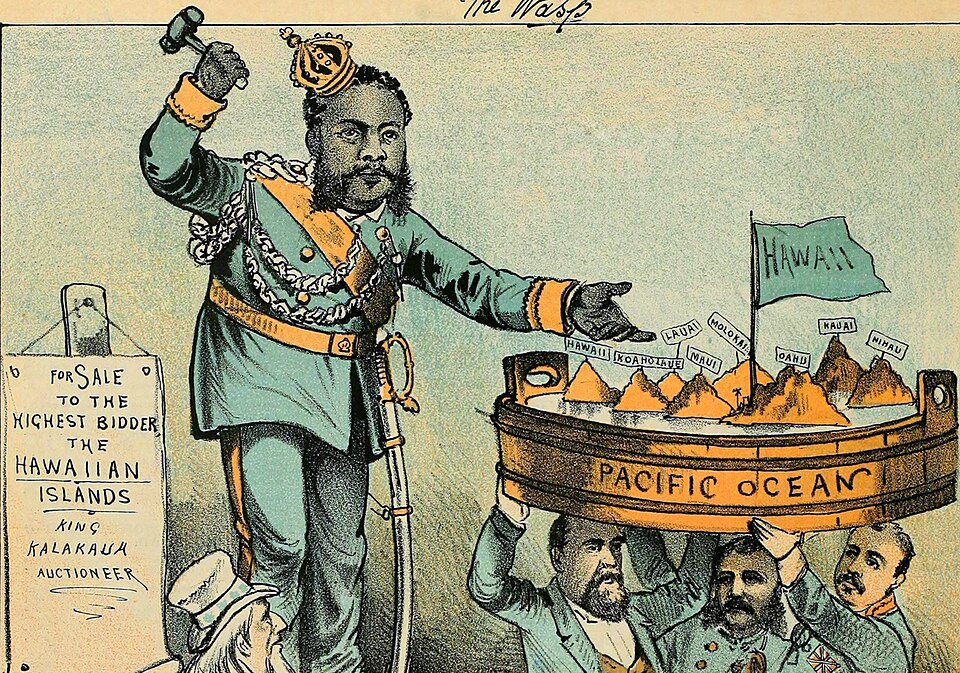
The Probability Broach, chapter 10
Win Bear and his friends have captured a hitman. By threatening the prisoner with summary execution, Win got the thug to confess who sent him. His tactic was a success, but his friends are angry at him, especially Clarissa Olson, the doctor. She was warm with him before, but now she’s decidedly frosty:
She glared. “Is this the way you treat wounded prisoners in Denver?”
“Not for a long, long time.” I shook my head slowly. “Back home, he’d have more rights than honest people. I’m sorry.”
Wait, what?
In case you’ve forgotten, because L. Neil Smith apparently has, the world Win Bear came from is a dystopian autocracy where bloodthirsty secret police gun down enemies of the state with impunity, and even kill cops who get too close to the truth.
It would be a better excuse for Win to say this is how he normally treats prisoners, and didn’t know they do things differently here. Perhaps Smith thought that wouldn’t cast his protagonist in a sympathetic light.
The reason for this dialogue is that Smith is trying to achieve two incompatible things at the same time. He wants to show Win’s world (which, remember, is meant to be our world) as a nation of slaves oppressed under the brutal jackboot of government. However—in line with his right-wing Dirty Harry politics—he also wants to accuse it of coddling criminals, rather than giving them the swift, harsh justice they deserve.
You can’t have it both ways. Do we live in a power-mad dictatorship that tramples on people’s rights? Or are we too soft, too legalistic, and overly concerned with people’s rights? Those are opposite problems!
“It was a horrible thing you did. Immoral. I’m not sure I like you very much, Lieutenant Win Bear!”
“I’m not sure I like myself very much,” I answered, tasting bile. “And what do you mean, ‘immoral’? After what he did? I’ve had about enough of this self-righteous crap. You’re all so smugly satisfied with your Confederate status quo, you can’t see the lunacy of it flapping right in front of your own silly noses!”
Lucy turned, disbelief on her face. “What’s bitten you, son?”
Suddenly they were all strangers, creatures from another world. “The good doctor here—for something I already feel rotten about, thanks—while everybody in this safe, stable, oh-so-humane society carries a handgun, prepared to kill at the drop of a hat! What the hell are you all afraid of? How come such well-adjusted people cling so hysterically to their perverted phallic symbols?”
“What the hell are you all afraid of?” is a bizarre question under the circumstances. Win arrived in this anarcho-capitalist society a few days ago, and people have already tried to murder him at least three times.
It would make more sense for Win to accuse this society of dishonestly pretending to be idyllic and peaceful, while really it’s a violent hellhole where death lurks around every corner and no one is safe. The fact that everyone carries guns for protection would serve as proof of how dangerous it is. But Smith doesn’t have him make that argument, perhaps because it would hit too close to home.
This is the place for an Ayn Rand-style monologue, as Clarissa explains to him just why guns are so damn important:
“Win, civilized people go armed to say, ‘I am self-sufficient. I’ll never burden others.’ They’re also saying, ‘If you need my help, here I am, ready‘—yes, a contradiction, but a pretty noble one, I think. Independence is the source of freedom, the first essential ingredient of mental health. You’re good at taking care of yourself, Lieutenant. Why can’t you allow others the same right?
Armed people are free. No state can control those who have the machinery and the will to resist, no mob can take their liberty and property. And no 220-pound thug can threaten the well-being or dignity of a 110-pound woman who has two pounds of iron to even things out. Is that evil? Is that wrong?
People who object to weapons aren’t abolishing violence, they’re begging for rule by brute force, when the biggest, strongest animals among men were always automatically ‘right.’ Guns ended that, and social democracy is a hollow farce without an armed populace to make it work.”
Smith thinks that weapons make you “free”, in the sense that they overrule raw physical strength. A person with a gun will beat a person without a gun. I could agree with that.
But he fails to ask the followup question: what beats a person with a gun? The answer should be obvious: two people with guns.
This is the problem Smith never grapples with, possibly because he’s so entrenched in an ultra-individualist, every-man-for-himself mindset that it never occurs to him. No matter how macho you are, you can’t hope to win a fight if two or more people gang up on you. Being armed doesn’t change this calculus, not if everyone has the same weapons—it only raises the stakes.
He seems to believe that, in an armed society, tyranny is impossible because every individual will fight to the death against oppression. But a single person bravely fighting off an armed mob only happens in movies. In reality, when you’re outnumbered, most people will make the rational choice to give in. That’s how it worked for most of history, after all.
The actual best way to protect yourself is being part of a group whose members defend each other. And because a bigger group beats a smaller group, what you really want is to be part of the biggest group of all.
That, in a crude sense, is what the state is: an entity that has a monopoly on force. In a democracy, we control the state’s actions by consensus, passing laws that define under what circumstances its power can be unleashed, rather than leaving it up to the whim of a dictator or a king. Some more-civilized societies occasionally even have constitutional guardrails to protect the rights of minorities from majoritarian abuse.
The tradeoff is that not everyone gets to do what they want all the time. But of course, no society could guarantee that, however constituted. Smith disagrees only because of his view that there are no tradeoffs between freedom and safety; that by abolishing all laws that restrain how people act (including laws against murder, robbery, rape and the like), we all magically become safer.
What would actually happen, if we abolished the state and no one had a monopoly on force, is that all the historical factors that led to the creation of states the first time would play out again. The most wealthy and powerful would gather small armies of thugs to themselves, becoming local warlords or robber barons.
In this new, lawless world, the most ruthless would rise to the top. They’d rule by fiat, imposing their will on all the regular people in their sphere of influence, conquering smaller gangs. The only check on their power would be if they happened to encounter a bigger gang. It would be the might-makes-right world that Smith claims to be worried about, but brought about by his own ideology.
And because it would be starting over from a blank slate, with no historical precedent to guide it, there’s no guarantee it would bind itself to protect anyone’s rights. It might well be a tyranny as bad as or worse than the most brutal dictatorships of the past.
Remember, Win Bear grouses that in his world, criminals (or—to put it more accurately—people accused of a crime) have too many rights and protections! That sounds a lot like Smith admitting that democracy is less oppressive than he wants us to believe it is. He wants to scrap all those hard-won legal protections and replace them with nothing. That’s not a recipe for freedom, but for chaos.
New reviews of The Probability Broach will go up every Friday on my Patreon page. Sign up to see new posts early and other bonus stuff!
Other posts in this series:





